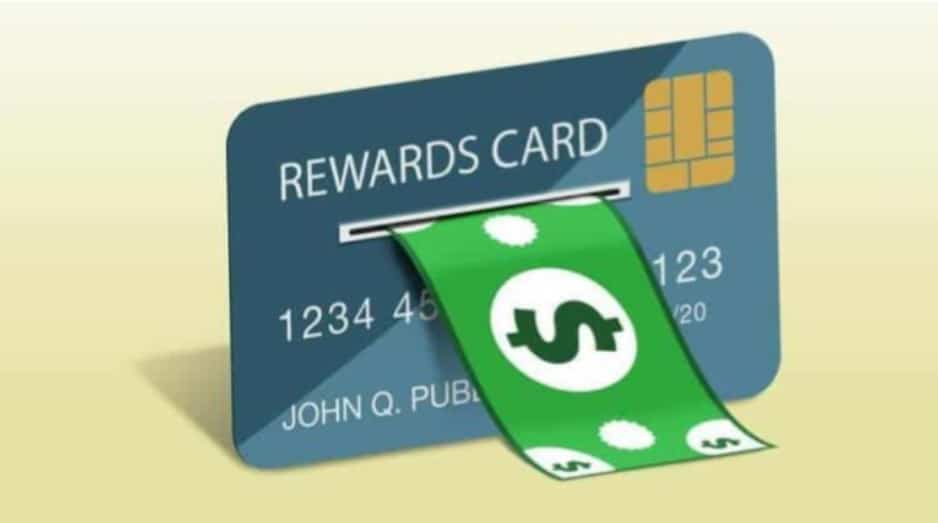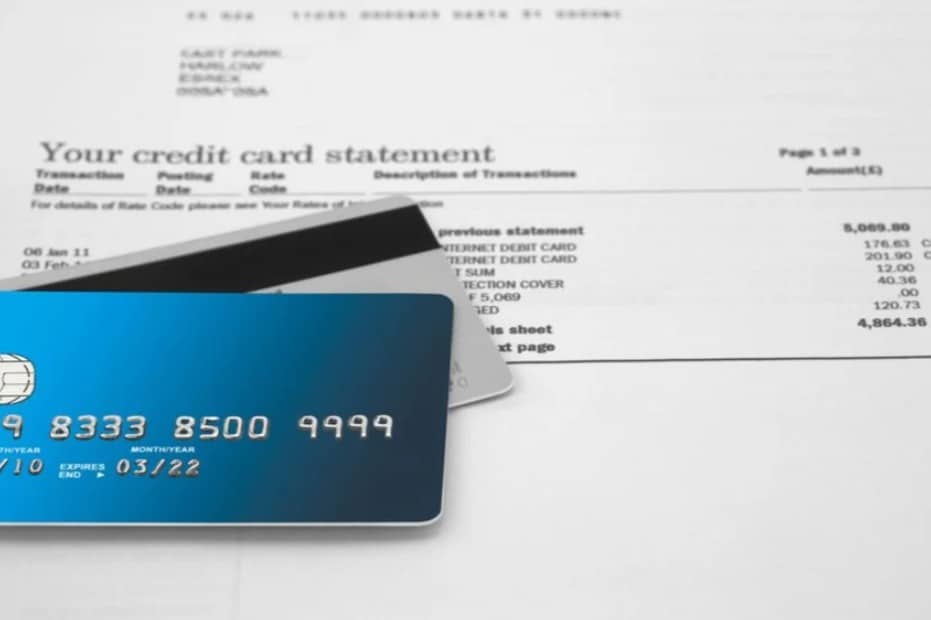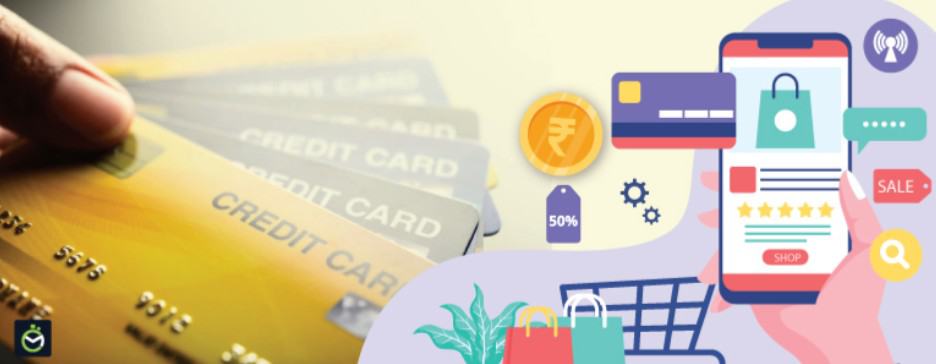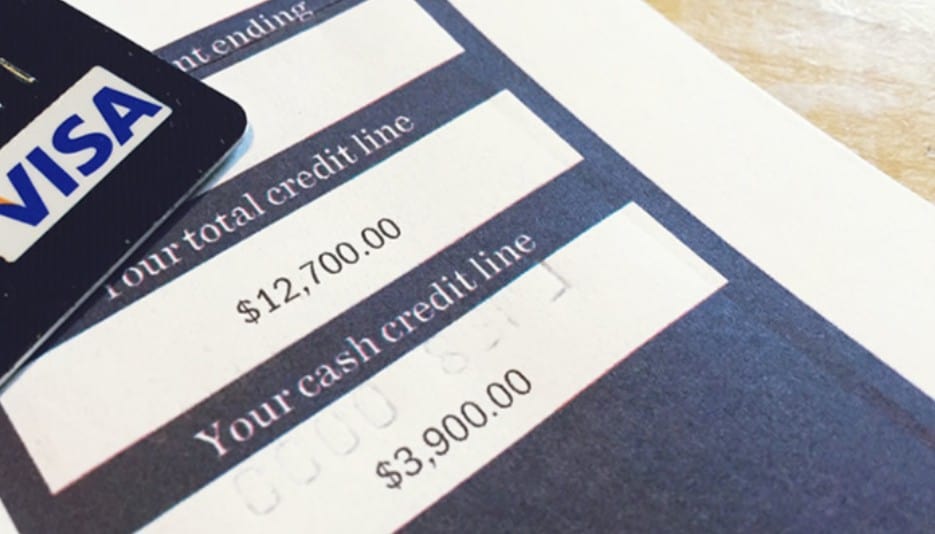Credit cards can be a valuable tool for managing your finances intelligently. Their appealing rewards programs and convenient payment options present numerous advantages for consumers. Nevertheless, committing specific common errors may lead you towards financial difficulties quickly. To avoid these pitfalls and capitalize on potential savings through the optimal utilization of your credit card, we have compiled five helpful tactics that can considerably enhance your experience while aiding you in saving money.
Optimize Your Reward Programs
Credit cards are well-known for offering enticing reward programs that can make a notable difference in your financial management. These benefits vary significantly among cards, with some offering cashback, others airline miles, and others being redeemable for various goods and services.
One of the best card tricks that you can learn is to align your card’s rewards with your expenditure patterns to optimize benefits. For instance, a card offering airline miles could prove advantageous if you travel frequently. Regularly evaluate your spending habits and modify your card selection accordingly, capitalizing on the most beneficial reward scheme. This strategy alone could save you a significant sum over time.

Moreover, remember to read the fine print and understand how your rewards can be redeemed. Some cards may have restrictions or expire if not used within a particular period. Planning ahead of time could ensure you retain valuable benefits.
Regularly Review Your Credit Card Statements
While it may seem tedious, keeping a keen eye on your credit card statements can prevent unnecessary spending and identify potential fraud promptly. Scrutinize your accounts monthly, watching for unfamiliar transactions. Mistakes or fraudulent charges can appear, potentially costing you money if overlooked. Furthermore, this routine examination can also help identify areas where your spending may be higher than anticipated, allowing you to adjust your budget accordingly.

Set up electronic notifications or reminders to encourage yourself to review your statements regularly. This habit can assist in avoiding late fees and interest payments incurred by overdue balances. Also, checking your statements can help you identify and cancel any recurring fees or subscriptions that are no longer necessary.
Aim for Timely Payments
Avoiding late payments is a fundamental rule for credit card usage. Late payments can lead to costly penalty fees and higher interest rates. Moreover, they can negatively affect your credit score, making future borrowing more expensive. Set reminders for your due dates or, better yet, automate your payments. Automating ensures you’ll never miss a due date, keeping your credit score intact and preventing unnecessary fees.

For additional savings, making payments earlier may also prove beneficial. This tactic will reduce the interest incurred on your balance and shorten the repayment period considerably. One thing to keep in mind is that payment due dates can change. Always double-check your statement for updates and ensure you have sufficient funds to avoid late payments.
Leverage Your Credit Card’s Purchase Protection
Many people overlook the purchase protection that credit cards often provide. This feature can cover damages or theft of recently purchased items, offering a financial safety net. Familiarize yourself with your card’s terms and conditions and leverage this benefit whenever applicable. It can be a significant source of savings, especially on high-value purchases.

Some cards also provide extended warranties on selected items bought with the card. Utilize this feature while purchasing electronics or appliances that often fail after their original warranty expires. For example, suppose your credit card offers an additional year of warranty on a laptop you purchased with it and the device fails after its initial one-year warranty expires. In that case, you can have the repair or replacement costs covered by using this feature. Always read into what your particular credit card offers protection options to maximize savings.
Limit Your Credit Card Applications
While applying for multiple credit cards to capitalize on different reward programs may be tempting, excessive applications can harm your credit score. Each application prompts a “hard inquiry” on your credit report, which can lower your score temporarily. It’s prudent to balance the desire for additional rewards with the potential risk to your credit score. Remember that a high credit score can provide long-term savings through lower interest rates on loans and mortgages.

Limiting new applications only when necessary to avoid negative implications for your credit score. Conduct research and select a card that offers the most useful rewards based on your spending habits without applying too frequently.
Conclusion
Credit cards can help you manage your finances effectively, but remember to be careful and strategic with their usage. Utilizing these five tips can save money and avoid the common pitfalls of credit card usage. Remember, a credit card can be an excellent tool for boosting your savings and helping you achieve financial stability. However, it’s crucial to use them wisely by following the tips outlined above. By doing so, you can enjoy all the benefits of credit card usage while strategically increasing your savings and avoiding unnecessary fees or penalties.


